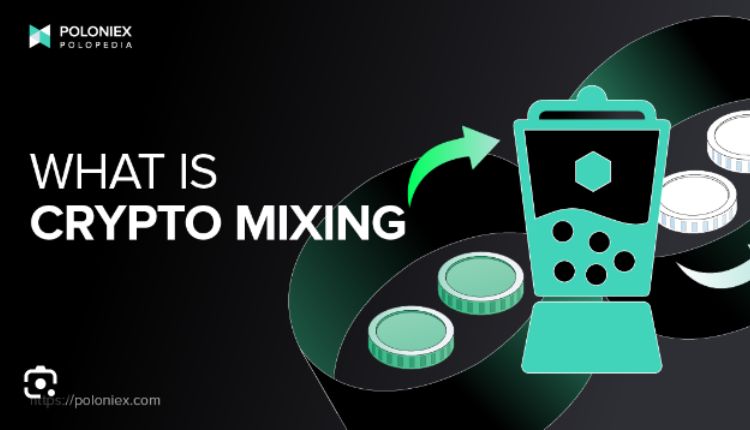Mixers help increase the privacy and anonymity of bitcoin users. They collect and pool cryptocurrencies that are deposited by users and pseudo-randomly shuffle them. This makes it difficult for someone to trace a particular cryptocurrency back to its owner on a public blockchain explorer. However, mixers are not foolproof.
Privacy and Anonymity
A Bitcoin Mixer is a service that obscures the originator and recipient of cryptocurrency transactions by combining funds from many different depositors. This makes it difficult for law enforcement agencies to track down the identity of the real-world owner of the wallet addresses involved in a transaction. To provide this level of privacy and anonymity, the best Bitcoin mixers use advanced encryption to hide transaction data and wallet addresses. They also typically have randomized transaction delays, which further prevents pattern recognition.
However, it’s important to remember that a Bitcoin mixer is not foolproof. With enough determination and resources, a skilled adversary may still be able to track down a user’s covert transactions. That’s why it’s important to only use a trusted mixer and to follow the best practices for securing your crypto assets and personal information. This includes using strong passwords, enabling two-factor authentication, and only using exchanges with a solid reputation. And, of course, always remember to keep a backup wallet in between your mixer and market account.
Transaction Analysis
The blockchain records every transaction along with the associated wallet address. This allows for easy identification of users with links to illegal activity. This is where a Bitcoin Blender comes in. They help to break the connection between tainted and clean coins, which is essential for maintaining privacy and fungibility. Mixers work by collecting and pooling the cryptocurrencies deposited by each user. Then, they pseudo-randomly shuffle and redistribute these funds across a large number of different addresses before sending them back to their original owners. They can also make it even more challenging to track your transaction by using multiple output addresses for each mix, which adds further obscurity.
However, centralized mixers typically save a record of your transactions, which makes it possible to trace your history. This is a serious problem since it puts your trust in the mixing service and exposes you to hacking and malicious intent from the company itself.
Decentralization
A Bitcoin mixer works by jumbling up the Bitcoins sent to it by other users. This makes it more difficult for law enforcement or exchanges to trace the source of any individual Bitcoins deposited into the mixer. Look for a service that uses advanced encryption to protect transaction data and wallet addresses. The mixer should also use randomized transaction delays, which can help to prevent pattern recognition by malicious actors.
Large businesses and high-net-worth individuals often interact with mixers to conceal the movements of their funds. However, these services may save private information, which could reveal a user’s link to the transactions they make with the mixer in the future. This can create a risk of hacks and the loss of assets, so it’s important to choose a trustworthy mixer. The service should also purge records after a period of time for privacy reasons. This is especially important if you are using a centralized mixer.
Security
While mixers can’t completely erase the blockchain’s record of your Bitcoin transactions, they do make it difficult to trace the coins back to you. This makes it less likely that you’ll be linked to a specific wallet address by law enforcement agencies or other third parties. In some cases, Bitcoin Tumbler have been used by cybercriminals to hide their illegal activities. This has led to a few mixers getting shut down by the Financial Crimes Enforcement Network of the US Department of Treasury and other organizations. In late 2021, the CEO of a mixer called Helix came forward and admitted to laundering $300 million. Just a few months earlier, another mixer called Bitcoin Fog was implicated in a money-laundering scheme, though its alleged operator maintained his innocence.
While the security features of a mixer vary, most provide similar features such as secure servers, encrypted communication, and anonymized registration processes. In addition, reputable mixers will purge records every X hours to ensure that the user’s privacy is protected.
Conclusion
Many users choose to use mixers because they add an extra layer of security and privacy to their cryptocurrency transactions. Mixers collect, pool, and pseudo-randomly shuffle cryptocurrencies deposited by multiple users before sending them to their respective wallets minus the mixer’s service fee.












